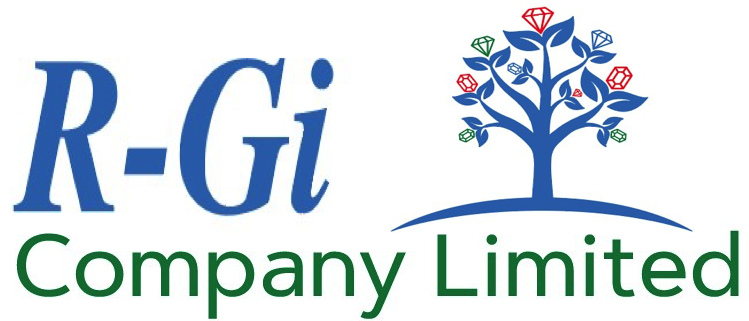Business software is a way to automatize business processes which saves time and money. It also improves collaboration and increases productivity. Some of the most well-known examples include CRM (customer relationship management), ERP (enterprise resource planning) and HCM (human resources management). Certain business software programs are more basic and used to manage everyday tasks such as accounting, payroll, and financial reporting. Some are more specialized and can be developed professionally by Custom Software Development companies.
The early introduction of business software revolutionized the way companies functioned by replacing manual labor with technological. Word processors, for example have replaced typewriters and project management software replaced a drawing board. This allowed teams to work more effectively. Other types of software are designed to improve marketing and communication. These include ecommerce platforms, which facilitate online transactions, feedback tools, and dashboards that provide sales visibility.
Some people aren’t keen to incorporate these tools into their business https://www.businessboardroom.net/tablet-vs-laptop-what-is-better-for-business processes, for fear they will eliminate jobs. Implementing these tools into everyday business operations doesn’t eliminate jobs, it simply shifts employees to higher-level tasks that require higher level of expertise.
Another common use of software for business is project management. For instance, tools such as Google Workspace can provide a central workspace that lets employees collaborate and share documents. These platforms can be tailored to suit a particular department or workflow. There are also applications that allow users to monitor and manage their time while working on projects. These apps are based on the Kanban method and are ideal for multi-step projects. These tools enable clients to monitor the progress of their projects in an organized and time-bound manner. This can lead to better invoicing and payment processing.
